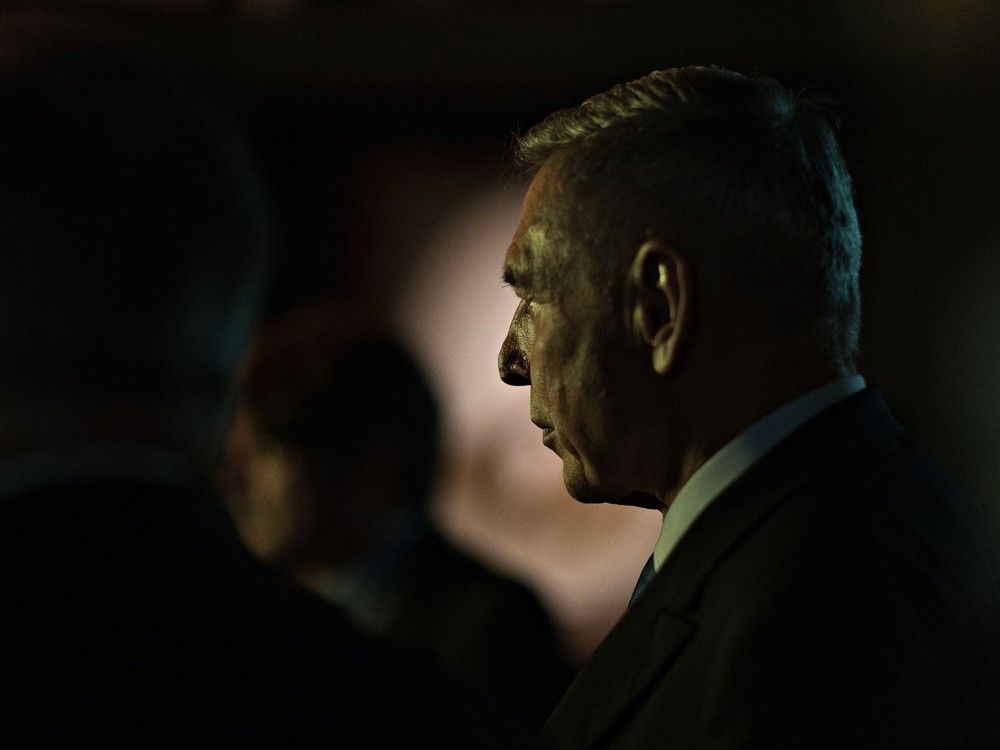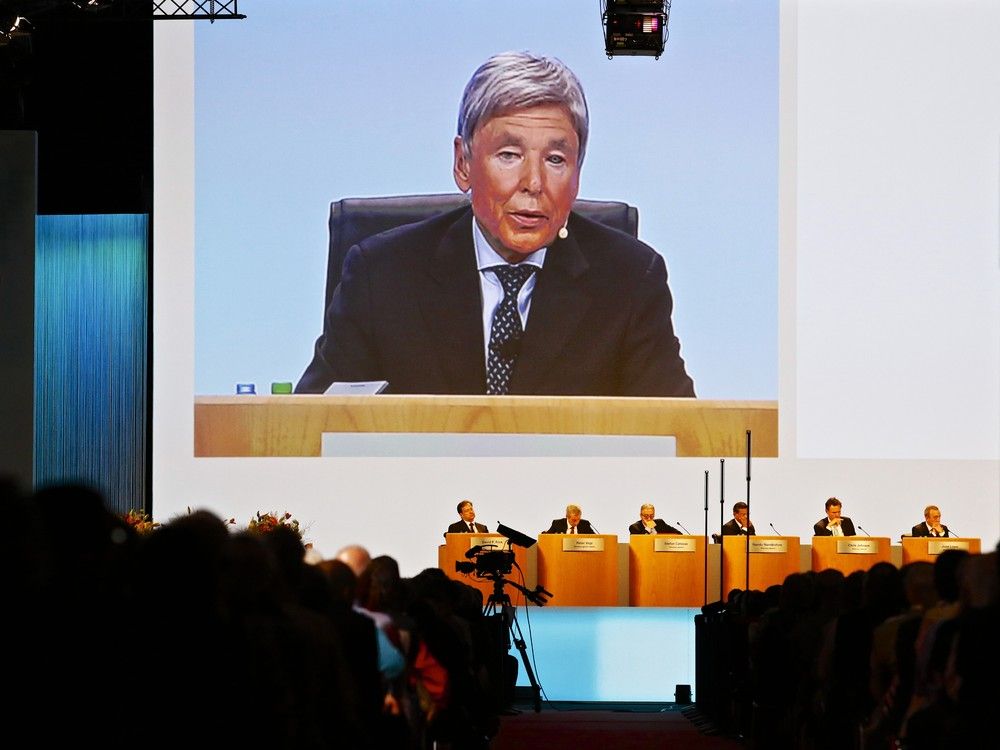
Austrian businessman Peter Brabeck-Letmathe has been named interim chairman of the
, replacing Klaus Schwab, who is under investigation for allegations of financial and ethical misconduct.
Brabeck-Letmathe, 80, is known for
and business sectors, spending his career at
. While there he was interviewed for a 2005 documentary, “
,” and his comments about water use provoked considerable controversy.
Despite later clarifications, skepticism about Brabeck-Letmathe continues to linger, fitting within broader criticism levelled at attendees of the WEF, which meets annually in Davos, Switzerland. H
igh-profile politicians, executives, financiers, and policymakers participate in the exclusive event, which focuses on global issues that affect a wide range of people.
Here’s what we know about the new head of the WEF.
What is Brabeck-Letmathe known for?
Brabeck-Letmathe spent his
, beginning in 1968 as a salesman in Austria, rising through the ranks, and moving to various leadership roles in Latin America. By the late 1980s, he was transferred to Nestlé’s headquarters in Switzerland as Senior Vice President, later becoming Executive Vice President in 1992 with responsibility for strategic business units, sales, marketing, and communications.
He was appointed CEO of Nestlé in 1997, later becoming Vice Chairman in 2001 and
in 2005. Under his leadership,
Nestlé expanded its global footprint
, turning the company into a leading force in the food industry. He stepped down as CEO in 2008 but remained Chairman until 2017, when he became Chairman Emeritus.
Other than at Nestlé, Brabeck-Letmathe has held prominent positions such as vice chairman of the Foundation Board of the World Economic Forum, board memberships with Roche, Credit Suisse, L’Oréal, Exxon Mobil, and Salt Mobile SA, founder and chairman of the 2030 Water Resources Group, a public-private partnership within the World Bank.
What’s wrong with his eye in the photo circulating online?
A photo of Brabeck-Letmathe that seems to date back to 2014 has been circulating online. The photo depicts him as appearing to suffer from eye trouble.
The photo was used with a Reuters News Agency
, from the 2014 Nestlé annual general meeting, reporting that he was undergoing “
a curable illness and would need periodic medical treatment over the next six months.” Specific details were not provided by Brabeck-Letmathe or Nestlé.

Since his appointment as interim Chairman, it has been used in online criticisms of his reputation. (Notably, recent photos of him show no sign of any eye trouble, for example
, which accompanies his WEF profile.)
Why is Brabeck-Letmathe controversial?
The controversy that enveloped him
he made in the 2005 documentary “We Feed the World.” He described the idea that water is a public right as “extreme” and argued that water should be treated as a foodstuff with a market value. He suggested that putting a price on water would make people more conscious of its value, but also stated that specific measures should be taken to ensure access for those who cannot afford it.
These
from activists, NGOs, and the public. Critics accused Brabeck-Letmathe and Nestlé of seeking to profit from a basic human necessity, and memes and negative commentary proliferated online. The controversy was further inflamed by
Nestlé’s global bottled water operations
, which were criticized for extracting water from communities and contributing to water scarcity.
Brabeck-Letmathe and Nestlé later clarified that
he does believe access to water
for drinking and sanitation is a human right, aligning with the United Nations’ stance. He emphasized that his comments were intended to address overconsumption in wealthy regions, not to deny basic access to water.
“To say that I have said water is not a human right is the biggest lie I have heard. I have been fighting for water as a human right for hydration and hygiene since the beginning but I have always said this is 1.5 per cent of the water that we are using,” he told a Guardian reporter in January 2014.
However, these clarifications did little to quell skepticism among activists and some segments of the public, who remained wary of
corporate involvement in water management
.
In 2016, satirical publication
took aim at Brabeck-Letmathe in its Aug. 31 edition, writing: “
In a statement from Nestlé
head
quarters, Chairman Peter Brabeck-Letmathe has accused the general public of discriminatory behaviour towards the corporation’s acts of pure
.”
Does he have a Canadian connection?
Another notable controversy occurred when the
University of Alberta awarded Brabeck-Letmathe an honorary degree
in recognition of his work on water resource management. The decision prompted protests from students and activists, who argued that Nestlé’s water bottling practices and advocacy for water commodification were incompatible with the principles of public access to water.
The
university defended its decision
, claiming Brabeck-Letmathe’s work promoted water stewardship. However, administrators acknowledged significant backlash. Organizations like the
called for boycotts of Nestlé products, especially after incidents where Nestlé outbid communities for local water sources, further fuelling public outrage.
Our website is the place for the latest breaking news, exclusive scoops, longreads and provocative commentary. Please bookmark nationalpost.com and sign up for our daily newsletter, Posted, here.